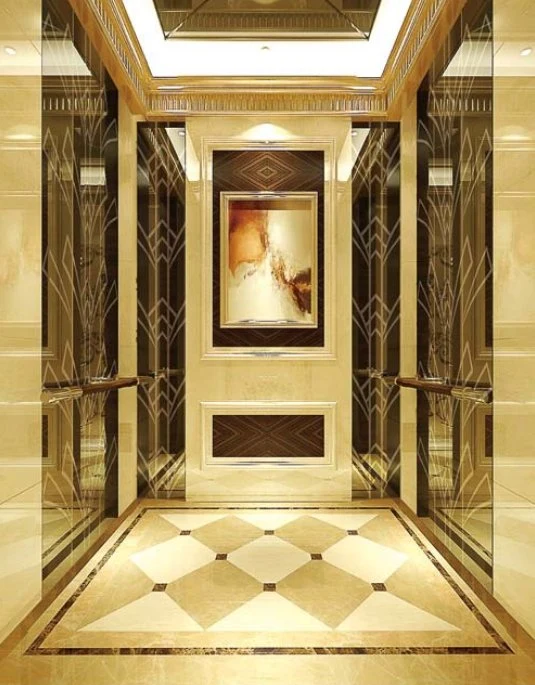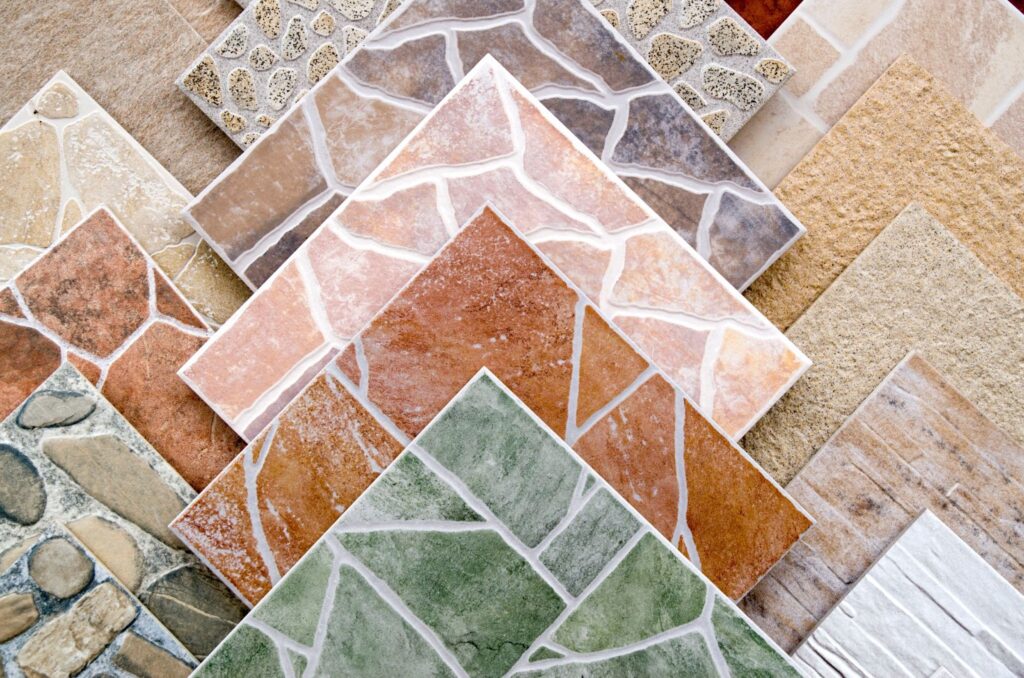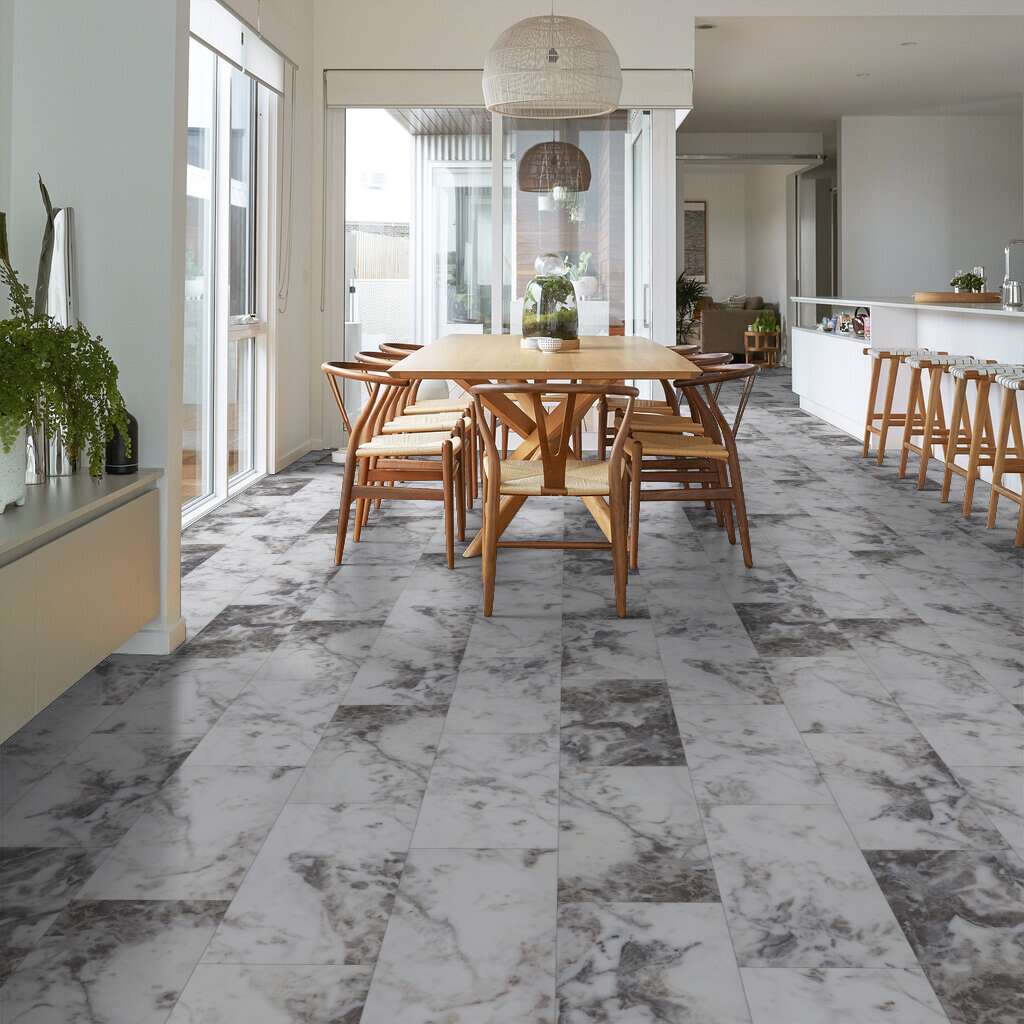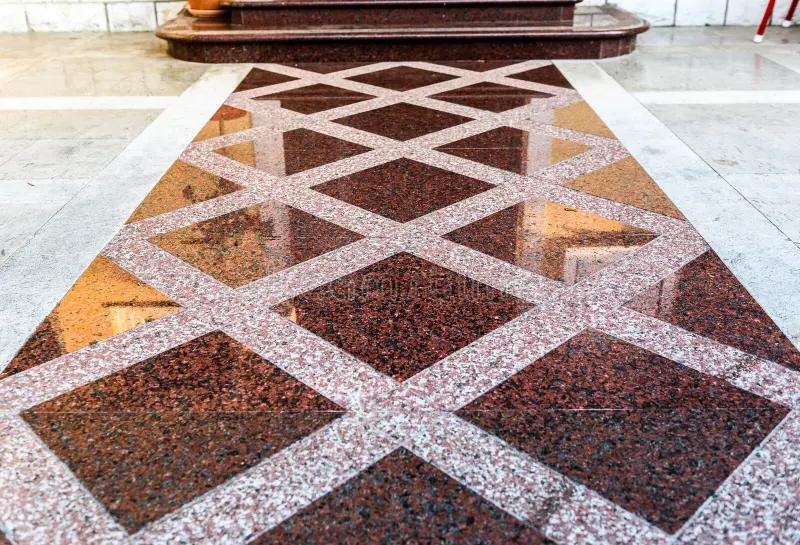Choosing the right flooring for an elevator might seem like a minor decision, but it significantly impacts the space’s aesthetics, functionality, and safety. Imagine stepping into an elevator with a slippery floor or one that wears out quickly; not only does it affect the perception of quality, but it also poses safety risks. Now, the key question is: what’s the best material for elevator floors? In this article, we’ll explore the advantages of marble, one of the most elegant and durable options for commercial elevators, and help you make an informed decision about other popular materials in 2024.

Why is the elevator floor so important?
Before we dive into the benefits of marble and other materials, it’s crucial to understand why this choice matters. Elevators are one of the most frequently used spaces in any building, whether it’s commercial, residential, or office spaces. This means the flooring needs to meet several key requirements:
Durability: The floor material must withstand daily heavy use without wearing out quickly.
Aesthetic appeal: The design of the floor should complement the rest of the elevator’s interior since it’s one of the first things people notice when they step in.
Safety: A slippery or worn-out floor can increase the risk of accidents.
Maintenance: The materials need to be easy to clean and maintain, as elevators require constant hygiene.
Now that we understand the importance of a good elevator floor, let’s talk specifically about marble and why it’s an ideal choice.

Advantages of Marble in Commercial Elevator Design
Marble has been synonymous with luxury and elegance for centuries, and in 2024, it continues to be a strong trend in interior design for commercial spaces, including elevators. Here are the main advantages of using marble in commercial elevator floors:
Luxurious and timeless aesthetic
Marble offers a natural beauty that’s hard to match. Each piece of marble is unique, giving any space an exclusive and sophisticated look. In commercial elevators, this is key to making a great first impression. An elevator with a marble floor communicates prestige, professionalism, and quality, making it ideal for corporate offices, luxury hotels, and high-end retail stores.
High durability
Marble is known for its strength and durability. Since commercial elevators are high-traffic zones, marble is an excellent choice as it can withstand heavy use without losing its structural integrity. While it requires regular maintenance, its lifespan is long if properly cared for, making it a solid long-term investment.
Easy to clean and maintain
One of marble’s biggest advantages is that it’s relatively easy to clean. With a basic maintenance routine, marble can maintain its shine and appearance for many years. This is especially important in commercial elevators, where constant foot traffic can lead to dirt buildup and stains. Using the right marble cleaner will keep the floor in optimal condition.
Design versatility
Marble comes in a wide range of colors, patterns, and finishes, allowing for near-infinite customization. Whether you’re going for a classic look or something more modern, marble can adapt to various design needs. Additionally, it pairs well with other materials like stainless steel or glass, which are common in elevators, to achieve a harmonious and contemporary appearance.
Increases property value
An elevator with elegant design and high-quality materials like marble can increase the value of a commercial building. Potential tenants or buyers often perceive these details as signs of thoughtful and high-quality design, which can justify higher rental or sale prices.
Other Popular Elevator Flooring Materials in 2024

While marble is an outstanding option, it’s not the only material worth considering. Depending on the type of building and the available budget, there are other materials gaining popularity this year:
1. Ceramic tiles

Ceramic tiles are a versatile and cost-effective option for elevator floors. Although they don’t have the same prestige as marble, they offer good durability and stain resistance. Plus, they come in a wide variety of designs, making them perfect for projects seeking a balance between style and cost.
2. Luxury vinyl

Luxury vinyl has grown in popularity in recent years due to its low cost and ability to mimic natural materials like wood and stone. It’s water-resistant and easy to maintain, making it a suitable choice for elevators in office buildings or mid-range residential buildings.
3. Granite

Granite is another natural stone that competes closely with marble. While it’s less expensive, it still offers high durability and an attractive aesthetic. It’s ideal for commercial projects seeking durability and elegance without a large budget.
4. Anti-slip flooring
For those prioritizing safety, anti-slip flooring is an excellent option. This type of material is specially designed to provide traction, which is essential in buildings with high foot traffic.
Conclusion: What’s the Best Option?
Choosing the best flooring for a commercial elevator depends on several factors, including budget, the type of traffic the elevator receives, and the style you want to achieve. However, if you’re looking for a material that combines luxury, durability, and an improvement in property perception, marble remains one of the best options. It not only enhances the aesthetic of the space but also offers exceptional durability and ease of maintenance.
In summary, marble is ideal for those looking to make a lasting impression in a high-end commercial setting. However, remember that any material you choose should be carefully selected based on the specific needs of the project and building.
